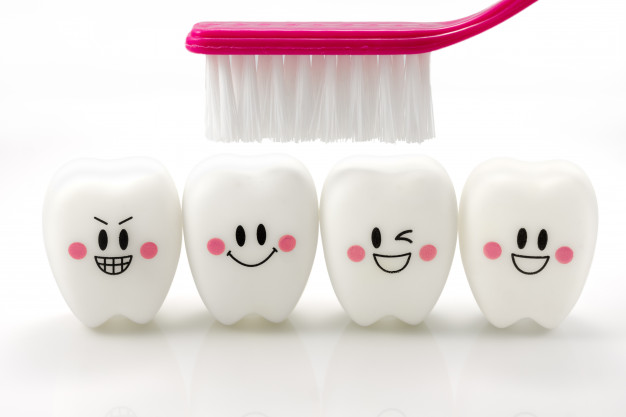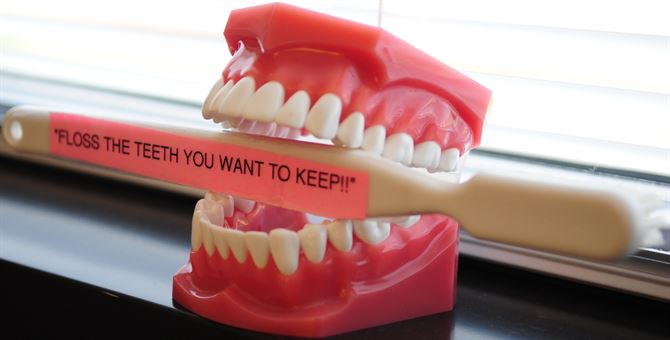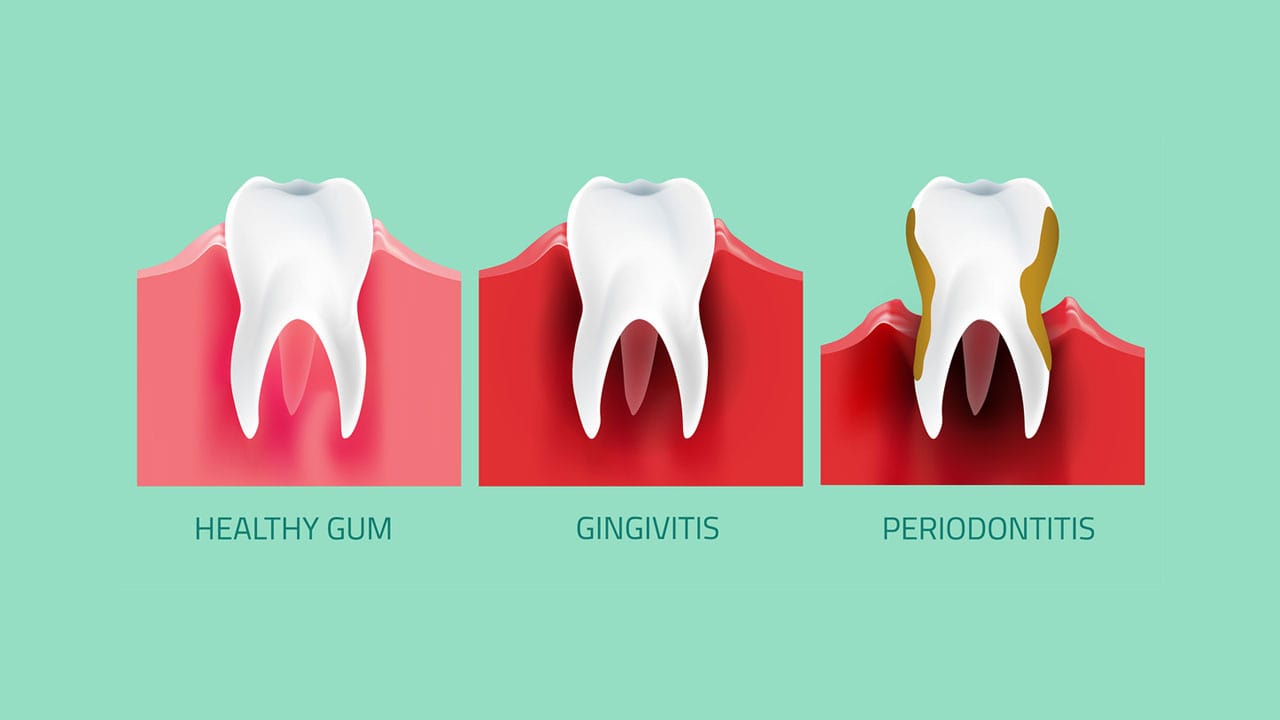OUR BLOG

FOOD IMPACTION
Food impaction is the forceful lodgment of food particles into the gums. Continuous food impaction into the gums causes gum diseases, gum abscess, and tooth decay. This is felt especially after a meal, the tiny food particles get stuck in between teeth and do not rinse off easily. It gives an uncomfortable feeling between the teeth and causes irritation in the gums.
Read more
WISDOM TEETH
"Wisdom teeth” are the four permanent adult molar teeth located at the back corners of your mouth on the top and bottom. These teeth are usually seen to erupt in the late teens or early 20s and may need to be removed based on your dentist’s recommendations. Wisdom teeth are called wisdom teeth because they come through at an age when one is said to get wisdom or become mature.
Read more
Diabetics and Periodontal / Gum Health
Periodontitis is a common chronic inflammatory disease characterized by the destruction of the supporting structures of the teeth. It is highly prevalent. Epidemiological data confirm that diabetes is a major risk factor for periodontitis. There is a clear relationship between the degree of hyperglycemia (high blood sugar levels) and the severity of periodontitis. There is emerging evidence to support the existence of a two-way relationship between diabetes and periodontitis, with diabetes increasing the risk for periodontitis, and periodontal inflammation negatively affecting glycemic control. Incidences of macro albuminuria and end-stage renal diseases are increased twofold and threefold, respectively, in diabetic individuals who also have severe periodontitis compared to diabetic individuals without severe periodontitis.
Read more
Gingival and Periodontal disease
Gingivitis is an inflammation or swelling of the gums, while Periodontitis means the actual infection in gums. Gingivitis is a sign to show the chance of developing gum disease. When gingivitis is left untreated, it can progress to periodontitis. Gum disease or periodontal disease begins with bacterial growth in your mouth. There will be tooth loss due to destruction of the tissue that surrounds your teeth.Gingivitis precedes to periodontitis. However, it is important to know that not all gingivitis progresses to periodontitis
Read more